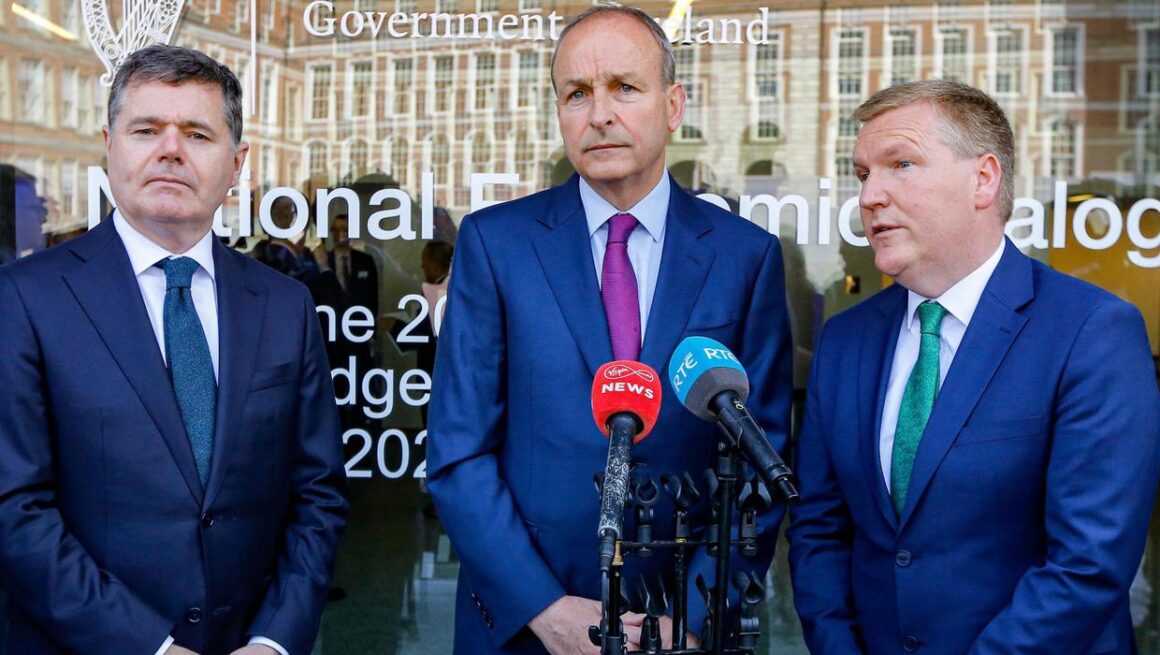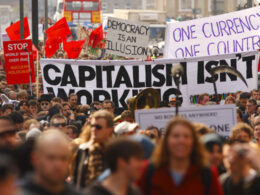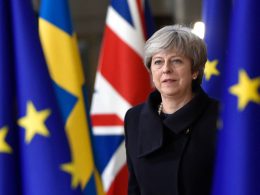By Mick Barry TD
Tuesday, 27 September is Budget Day and hard pressed working-class people will be demanding action from the Government on the cost of living crisis.
No sooner had people struggled to pay all the back to school costs than news broke of a new round of electricity and gas price increases, with Airtricity leading the way with shocking 45% hikes.
The Government says it plans to increase budget spending by €6.7 billion and to spend a further €1 billion on once-off cost of living measures. These figures fall short of the overall improvement in the State’s finances which have turned around to the tune of €10 billion in the last year — from a €5 billion deficit to a €5 billion surplus.
They also fall far short of what is needed to protect the living standards of ordinary people as can be seen by what we know so far of the Government’s plans.
Pitiful pay & welfare increases
Fifty percent of the €6.7 billion increase will be needed just to meet current demand for public services. The Government has ruled out a €15 across the board increase in social welfare payments and the maximum increase expected is now €10 per week.
Reports seem to indicate that the once-off package may include another €200 electricity credit, a bonus weeks’ social welfare and an extension of the duration of the fuel allowance scheme.
But what is the Government going to do about rampant profiteering?
The parent company of Airtricity (SSE) made €1.36 billion in pre-tax profits in the year to 31 March 31. Why are they being allowed to massively hike gas and electricity prices? There is talk of a tax on the windfall profits of energy companies but this appears to be a token measure which leaves the price hikes in place, and control and ownership of the industry still in the hands of the profiteers.
The Government has “offered” public sector workers a 6.5% increase over two years. It has ruled out cost of living increases or anything that might resemble them. The Low Pay Commission has recommended an increase in the minimum wage, but the Budget will not provide for any increase that even approaches the Living Wage figure of €12.90, which was set before inflation rocketed and is now clearly out of date.
What’s needed?
What measures would a socialist government implement? A socialist government would deliver cost of living pay increases for all 300,000 public sector workers; it would increase the minimum wage to €16 per hour; it would introduce a four-day working week with no loss in pay; it would aim to bring all social welfare payments up to the old PUP rate of €350 a week and would implement a 15% across the board increase as an immediate first step.
Energy prices and food prices would be frozen by way of an order under the 2006 Consumer Protection Act. Both the big energy companies and the big food wholesalers and supermarkets would be taken into public ownership and run by working people in the interests of working people, not for the maximisation of shareholder profit.
Rents would not merely be frozen but cut, and large property portfolios like those of IRES REIT nationalised. State provision of social and affordable housing would be massively stepped up to counteract the exodus from the market of so many small landlords. Public transport would be massively expanded and made free at the point of use.
Added costs on pay and welfare provision would be covered by steeply progressive taxes on wealth and record corporate profits. In fact, the profiteering system of capitalism itself will need to be ended if the cost of living crisis is to be fully addressed, by taking the key sectors of the economy into democratic public ownership.
Mass pressure needed
Of course, we unfortunately don’t have a socialist government, we have a capitalist Fianna Fáil / Fine Gael / Green Party government. That being the case, pressure needs to be brought to bear to demand a real campaign on all of these issues from the trade union movement.
Action also needs to be taken to build the cost of living protests planned for September 17 (Cork) snd September 24 (Dublin) — and to escalate those protests after the Budget as the winter approaches and arrives.












